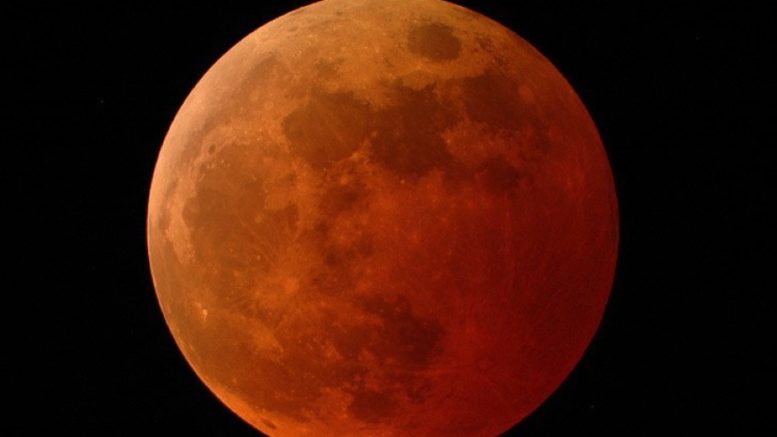As every lunar eclipse is different, each lunar eclipse will vary in size and darkness. For example, the smallest total lunar eclipse occurred on April 4th, 2015, with an umbra Magnitude of 1.0008. The April 2015 eclipse also has the mark for shortest total lunar eclipse.
An interesting fact about the June 2029 eclipse is that with an umbral eclipse magnitude of 1.84362, this is the largest lunar eclipse of the 21st century. Totality will be around 1 hour and 41 minutes in length.
Viewing will be possible for the western Horn of Africa, South America, and the Eastern tip of North America. For the Pacific Northwest, it will only be a partial eclipse if it were above the horizon.
Make sure to follow us on Twitter and Instagram, and make sure to view our other material like this, such as unique astronomy sites for unique places to view astronomy in the Pacific Northwest and cool articles like this.

Your wisdom is greatly appreciated.